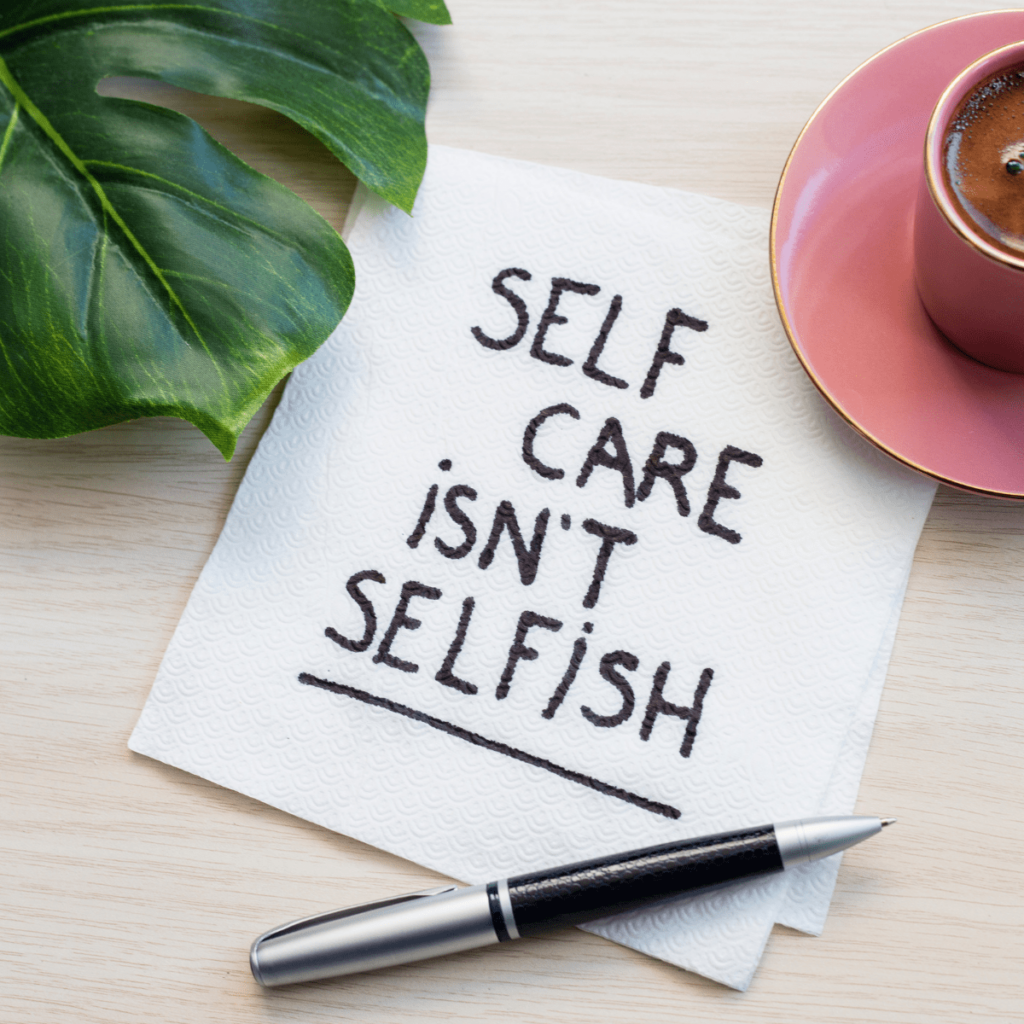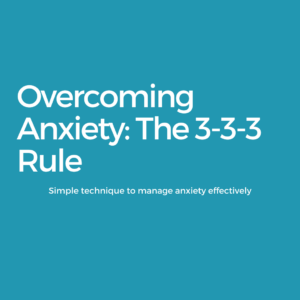Self-care seemed like a dirty word to me growing up. If I didn’t do what exactly my mother wanted, in that very moment, she would call me selfish.
It took me many years to learn that self-care is NOT selfish, it is a necessity.
Taking care of yourself physically, emotionally, and mentally plays a significant role in managing stress and anxiety levels effectively.
Here are a few key aspects of self-care to consider:
Prioritize your well-being: Make your mental and physical health a priority. Recognize that taking care of yourself is not selfish but necessary for your overall well-being.
Practice relaxation techniques: Engage in activities that help you relax and unwind. This can include deep breathing exercises, meditation, mindfulness, yoga, or engaging in hobbies that bring you joy. (I have 35 strategies to help you relax in my book “Goodbye Anxiety, Hello Freedom.”)
Maintain a healthy lifestyle: Regular exercise, a balanced diet, and sufficient sleep are fundamental in reducing stress and anxiety. Exercise releases endorphins, which are natural mood enhancers, while a nutritious diet and proper sleep support optimal brain and body function.
Set boundaries: Learn to say no when necessary and establish healthy boundaries with others. Overcommitting and taking on too much can lead to increased stress levels.
Seek social support: Reach out to friends, family, or support groups when you’re feeling overwhelmed. Sharing your thoughts and concerns with others can provide comfort, guidance, and a fresh perspective.
Manage time effectively: Plan and organize your time to minimize stress. Prioritize tasks, break them down into smaller, manageable steps, and avoid procrastination.
Practice positive self-talk: Challenge negative thoughts and replace them with positive and empowering affirmations. Cultivate a positive mindset and focus on self-compassion and self-acceptance.
Limit exposure to stressors: Identify triggers that contribute to your stress and anxiety and take steps to minimize exposure to them. This could involve setting boundaries with toxic individuals, reducing media consumption, or creating a peaceful environment.
Engage in activities you enjoy: Make time for activities that bring you joy and relaxation, whether it’s spending time in nature, pursuing a hobby, listening to music, or reading a book. Engaging in pleasurable activities helps counteract stress and promotes a sense of fulfillment.
Consider professional help: If stress and anxiety persist or become overwhelming, please sign up for a confidential 1:1 conversation to see how I can help.
Remember, managing stress and anxiety is a continuous process that requires ongoing effort and self-awareness. Each person is unique, so it’s essential to find what works best for you and adapt these strategies to fit your individual needs.



